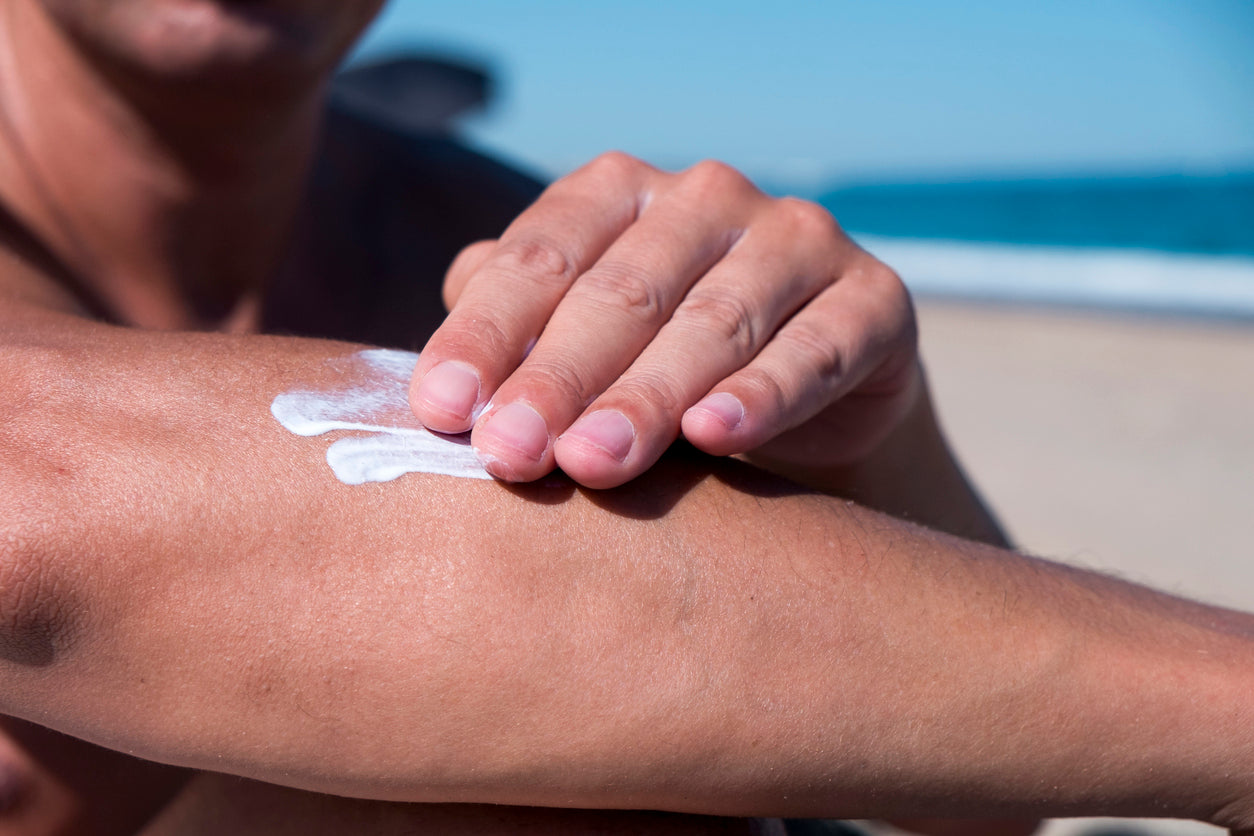
Unlock the secrets of sun protection in the world of men's skincare with our comprehensive guide to sunscreen and UV defense. Dive into the depths of proper sun care, empowering yourself with the knowledge to achieve healthier, more resilient skin. From sunscreen application techniques to understanding the science behind UV rays, we've got you covered every step of the way.
Why Sun Protection Matters for Men's Skin
Sun protection isn't just a passing trend; it's a crucial component of men's skincare. UV rays pose a significant threat to men's skin, leading to sunburn, premature aging, and an increased risk of skin cancer. By incorporating sunscreen into your daily routine, you can shield your skin from these harmful effects and maintain a youthful appearance for years to come.
The Science Behind Sunscreen and UV Defense
Sunscreen acts as a barrier against UV radiation, utilizing a blend of organic and inorganic ingredients to absorb or reflect harmful rays. The Sun Protection Factor (SPF) indicates the level of protection against UVB rays, while broad-spectrum sunscreens offer defense against UVA rays, responsible for long-term skin damage. Understanding how sunscreen works is key to maximizing its effectiveness in safeguarding your skin.
Preserving Youthful Appearance with Sunscreen
To preserve your youthful appearance, UV protection is essential. Sunscreen serves as a powerful defense mechanism against premature aging signs like wrinkles, fine lines, and age spots. By consistently applying sunscreen with a high SPF, you can prevent collagen breakdown and maintain your skin's elasticity and firmness.
Sun Protection Tips for Men on the Go
Incorporating sun protection into your daily routine is crucial for maintaining healthy skin. Apply broad-spectrum sunscreen with a high SPF before heading outdoors, and don't forget to cover exposed areas like the face, neck, and hands. Lightweight, UV-protective clothing, wide-brimmed hats, and sunglasses offer additional defense against harmful rays. Remember to reapply sunscreen every two hours, especially during prolonged outdoor activities.
